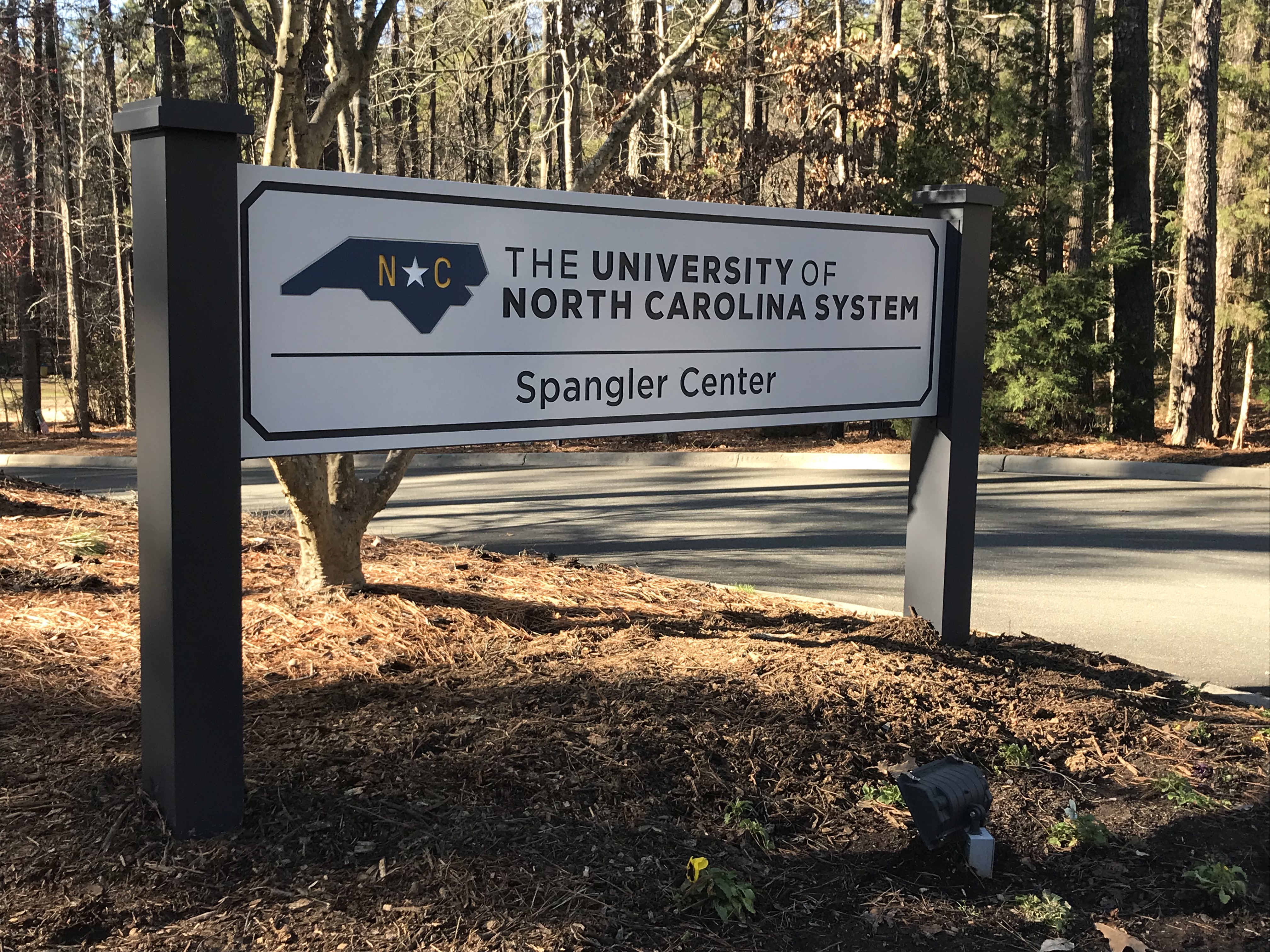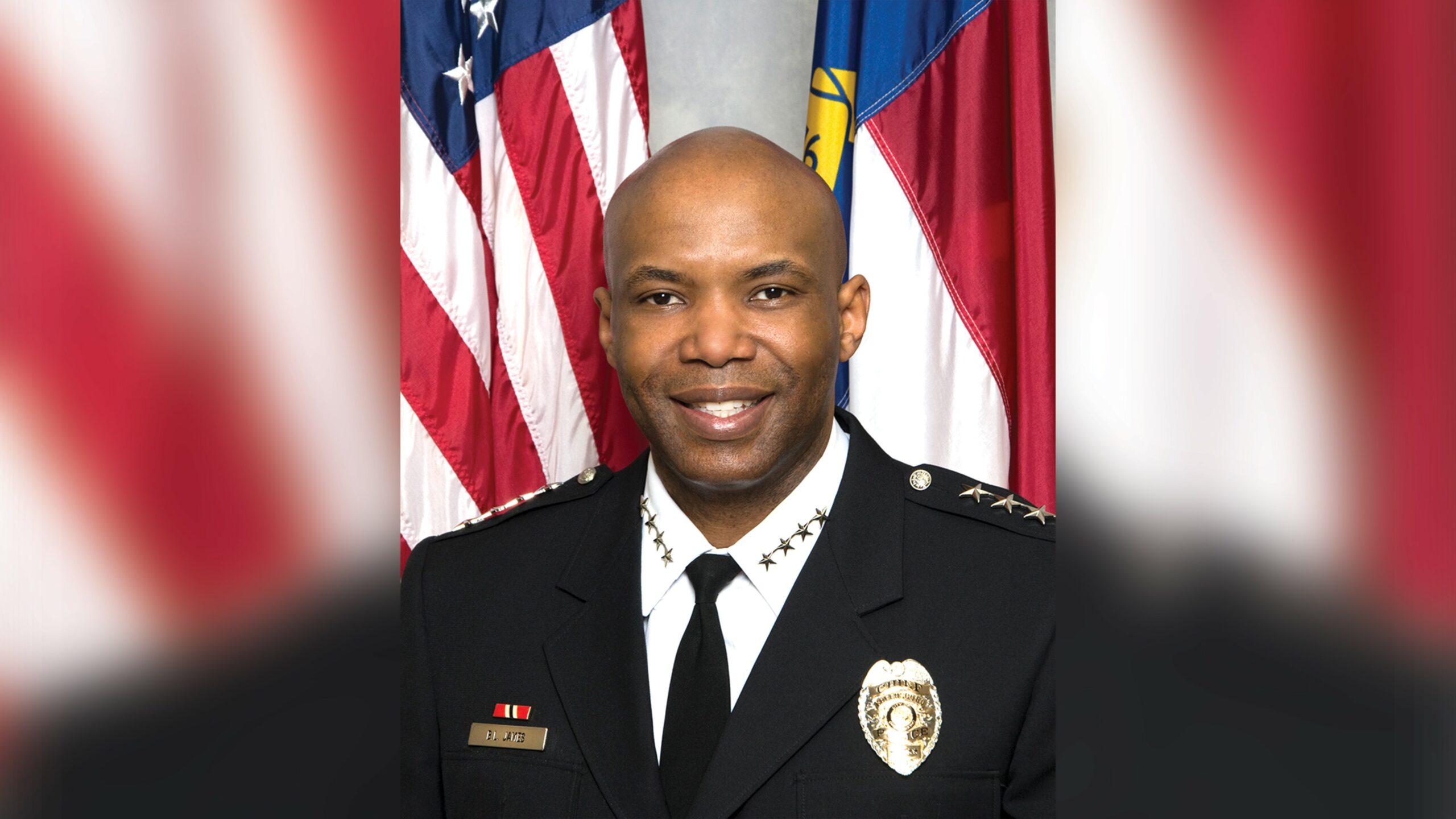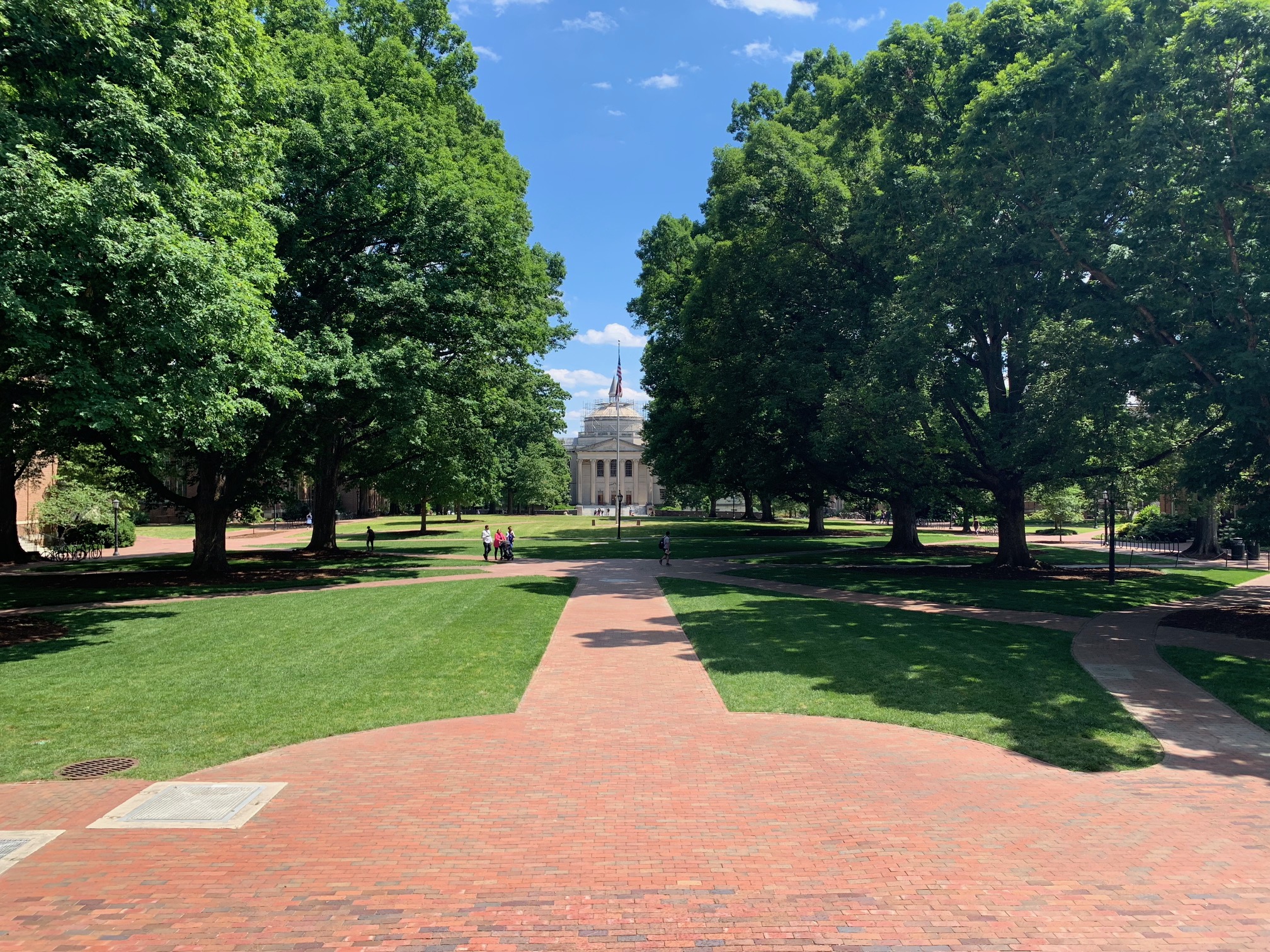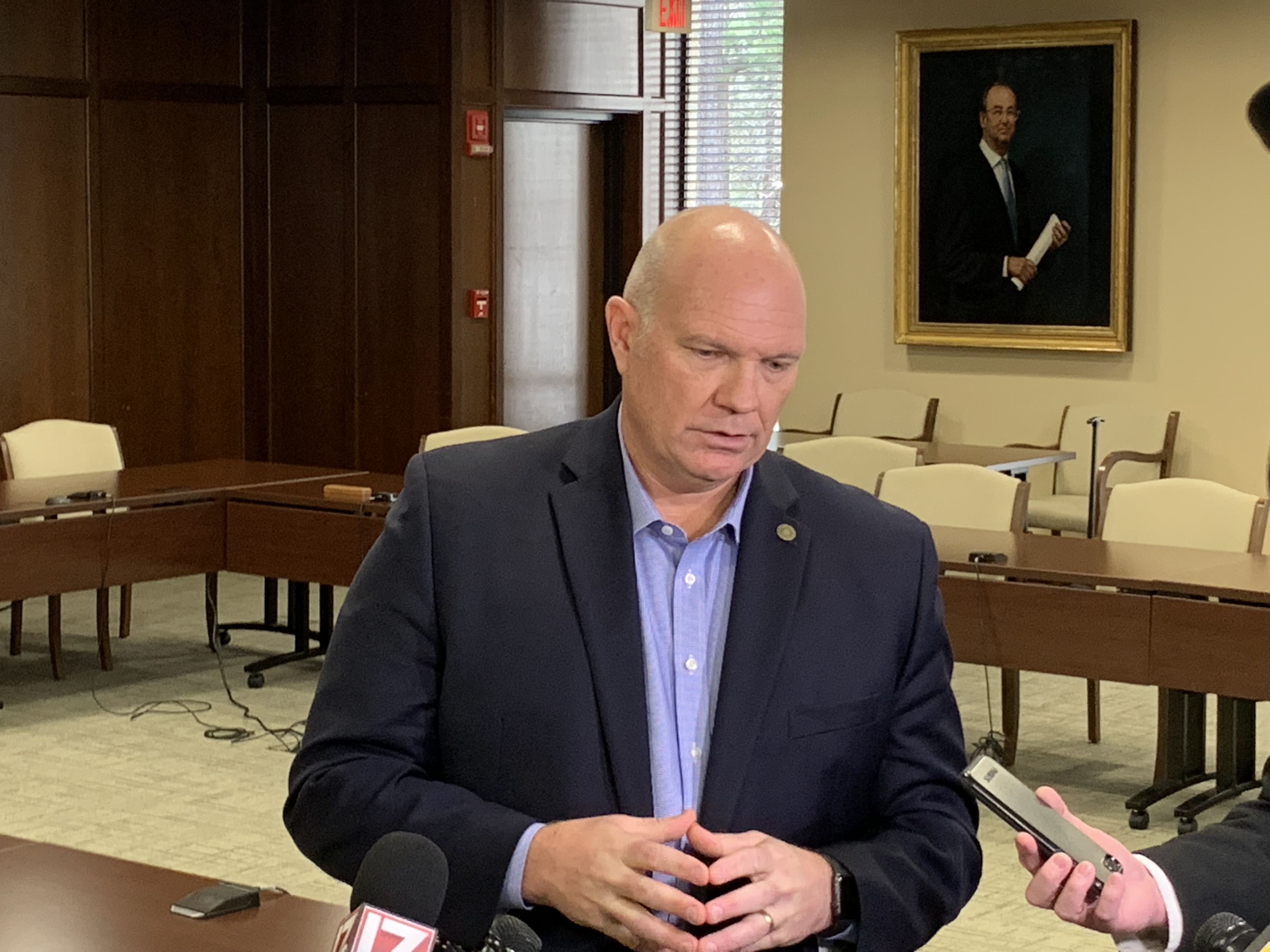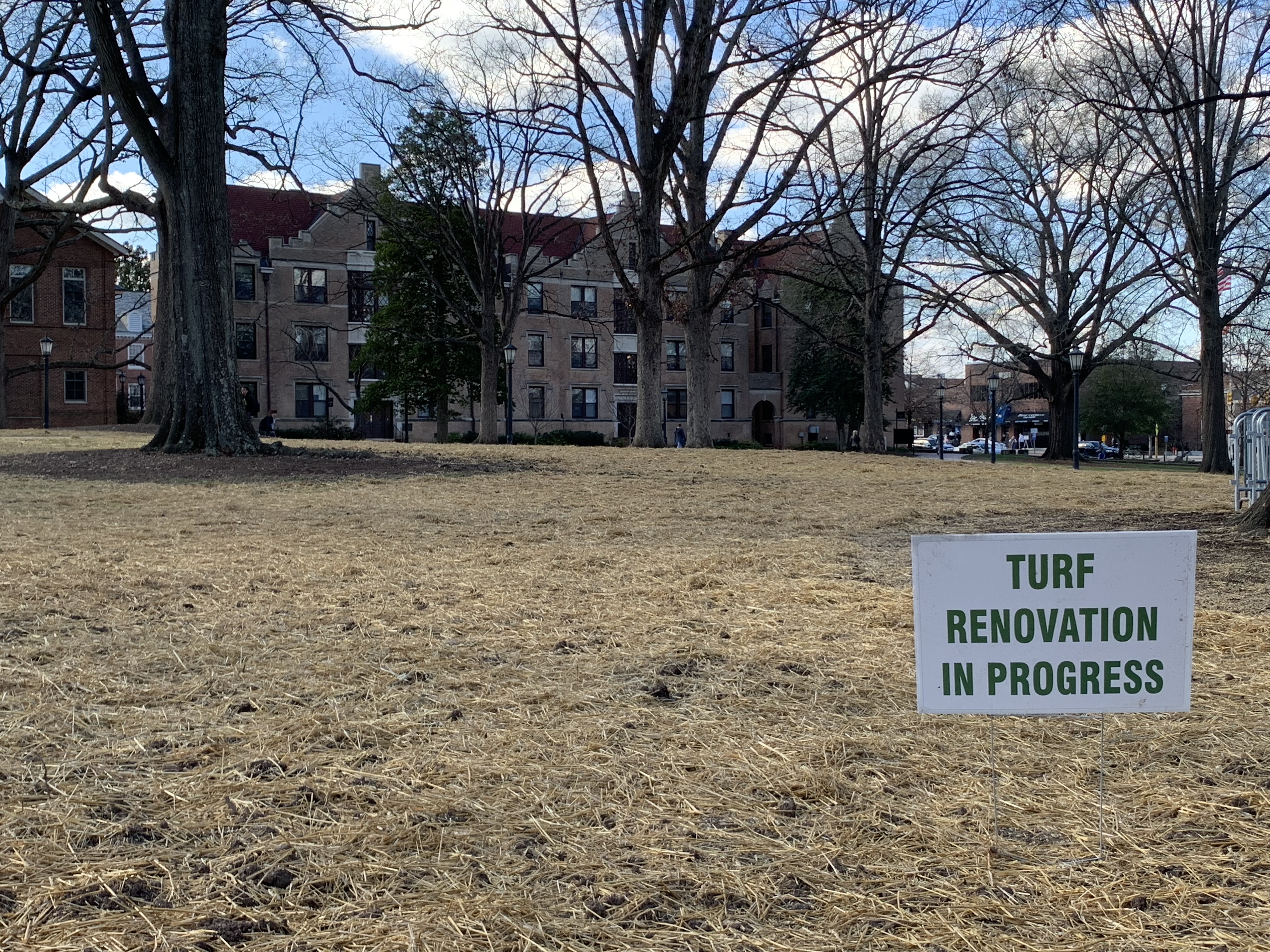The UNC System Board of Governors voted on Friday in favor of a proposal that will ban the UNC Center for Civil Rights from participating in litigation.
The vote followed months of debate about the center’s role in lawsuits against local governments across North Carolina.
Protesters gathered outside the Friday morning meeting. Very few members of the public were allowed into the meeting for space reasons, according to officials, but the protesters could be heard chanting from outside.
Dean of the UNC School of Law Martin Brinkley said that he was “disappointed” after the vote, which passed by a wide margin of the 28-member board. Three board members voted against the proposal with one member abstaining.
Board chair Lou Bissette said that this vote was focusing on the centers litigating power and should not be construed as the board not supporting the law school or the center.
After the vote, Center for Civil Rights managing attorney Mark Dorosin stood up in the meeting and said that it was dishonest to say the board supports the center and then vote for the proposal.
A board member said Dorosin’s comments were out of order. Dorosin responded, “You’re out of order.”
Brinkley responded to concerns that this vote would close the center.
“It’s not going to end the Center for Civil Rights,” Brinkley said in an interview with WCHL. “The center is still going to be there. We’ve got to decide what it’s going to look like going forward. And we don’t know the answer to that yet.
“What I want to do is work with the chancellor and try to bring together some stakeholders inside the university – but also some from the outside – who value the work that the center has been doing, and see what path forward we can forge.”
UNC – Chapel Hill Chancellor Carol Folt issued a statement after Friday’s vote.
“I am disappointed in the vote of the UNC Board of Governors today regarding the Center for Civil Rights. I believe that the University and the people who testified on behalf of the Center made a compelling case about why the Center is so important to the people of our state. I am proud of the Center, its history and all who worked so hard to answer the board’s questions and provide important facts about how the Center serves the needs of our citizens.
“We now must determine a path forward for the Center and reconfirm our commitment to educating the next generation of civil rights lawyers and providing assistance to the poor and disadvantaged in North Carolina. I will work with other University leaders, stakeholders and the school of law to explore all options and develop a course of action that allows us to continue this vitally important work while adhering to the new policy adopted by the Board of Governors today. The School of Law is one of not only the University’s strongest assets, but it is one of our state’s, training generations of students who continue on in service to the state, the nation and the world. That tradition of excellence and service is the core of the school’s identity and it defines our greater purpose.”
One proposal has been that the work being done by the center should now shift to take the form of a law clinic, which would be allowed to continue civil rights work. But there are logistical challenges of making that move, officials said.
“But our commitment to this work cannot be allowed to flag,” Brinkley said.
Brinkley added it will be important for the law school to do a better job communicating the work that is done by faculty, students and lawyers as a whole in contributing to society.
Center for Civil Rights staff addressing protesters outside #UNCBOG meeting pic.twitter.com/r0QHp6bLVN
— WCHL & Chapelboro (@WCHLChapelboro) September 8, 2017

